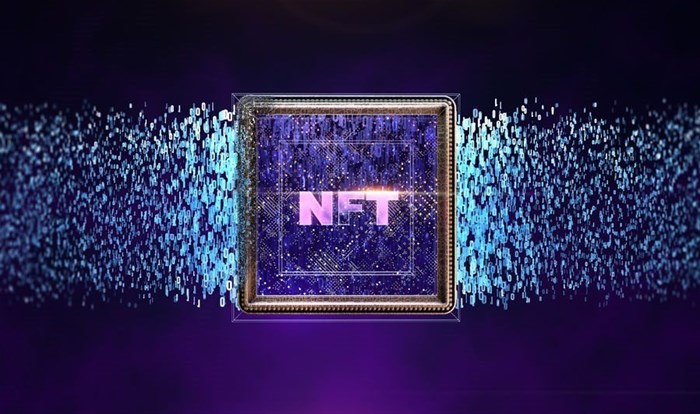The digitally immersive world known as the metaverse is rapidly evolving and getting much attention from an intellectual property perspective. Numerous patents have already been granted for metaverse-related technologies.

Image source: Aleksandr Ovcharenko –
123RF.comThese patents relate, for example, to systems for generating and interacting with a virtual reality environment, systems for managing ephemeral locations in a virtual universe and other virtual reality and augmented reality technologies. There has also been a reported growth of over 300% in Patent Cooperation Treaty (PCT) patent applications which relate to virtual reality technologies in the past five years.
The immersive virtual reality experience of the metaverse does not only enable a gaming environment but also enables a working environment, where for example, a user could wear a headset and enter into a meeting room where they would meet with other users in a virtual space.
Companies are already staking their claim to the technologies that underpin and enable the metaverse. Companies that are active in developing computer-generated virtual reality spaces include Meta (Facebook), Roblox, IBM and Microsoft to name a few.
Protection
For hardware and software developers planning to develop technologies in this space, it is very important that consideration is given both to protecting their own developments but also to ensuring that no third party patents are infringed in the process of commercialising their own technologies.
Sonica Wilken, Onthatile Leshilo 30 Mar 2022 Generally patents will apply to the hardware and software that give life to the metaverse. For software based inventions, the criteria for patenting software inventions differ from country to country.
Another interesting angle to consider at the intersection of the metaverse and patents is the use of NFTs (non-fungible tokens) to represents patents held in the metaverse.
An example of this is using an NFT (a unique digital certificate based on blockchain technology) to represent a patent from which, for example, the ownership of the patent can be captured and certified in the non-fungible token. The NFT would certify not only who the current owner of the patent is but would also capture in a way that could not be tampered with, the historical chain of ownership of the patent, for example.
Potential advantages
One possible advantage would be a huge cost reduction when recording assignments of patents at various patent offices around the world which is a tedious and costly exercise.
This could be used to provide proper notification to a potential infringer of the existence of a patent and who the owner of the patent is, which is important for patent owners when establishing damages for patent infringement.
Already IBM and IPwe have teamed up to create the infrastructure for an NFT-based patent marketplace. Using IPwe a patent owner can represent their patents as NFTs or digital assests and then use the NFTs to transact on the underlying patents.














































